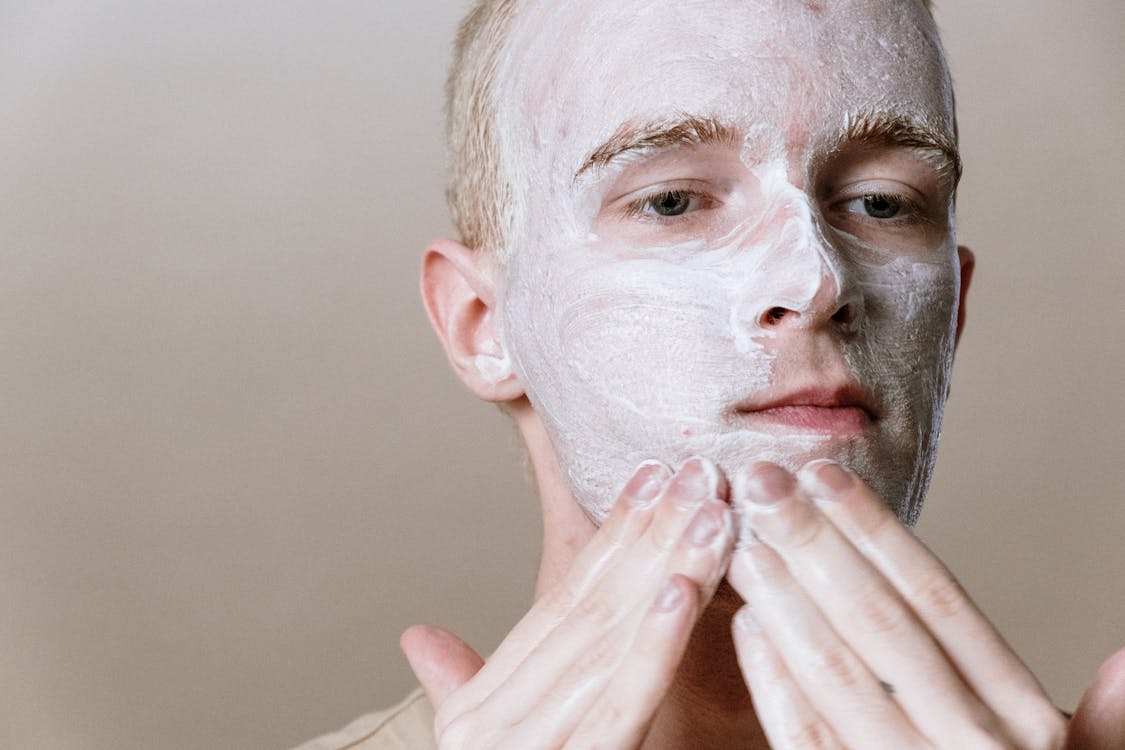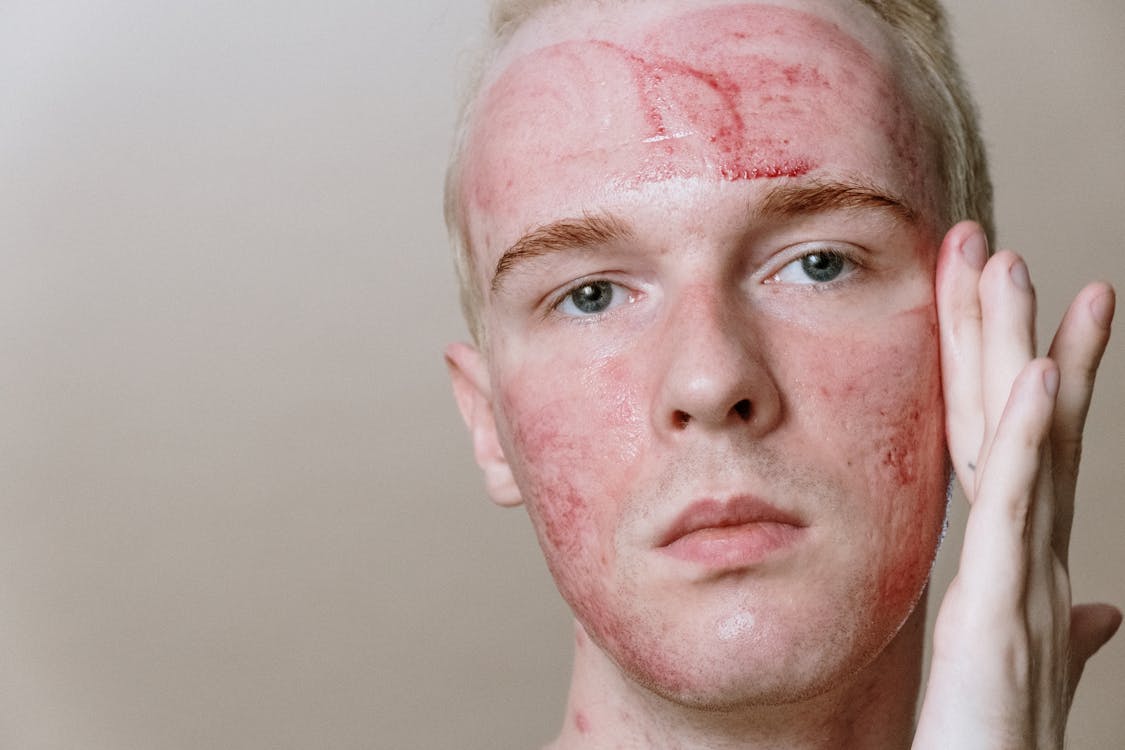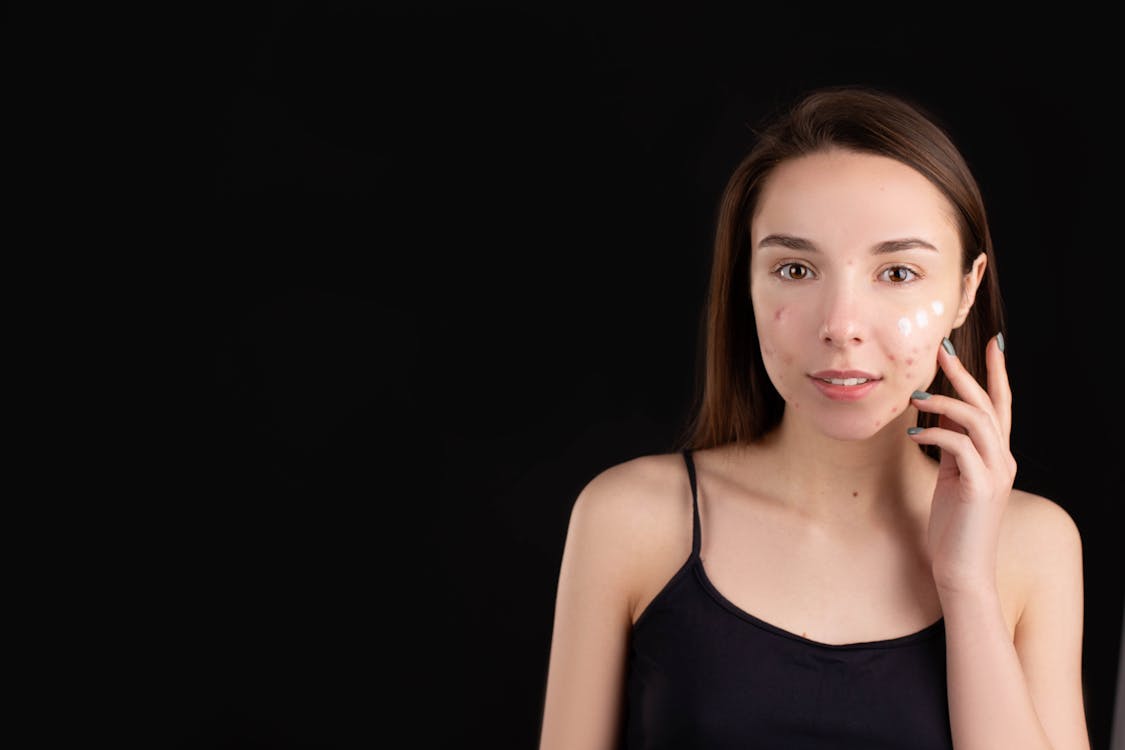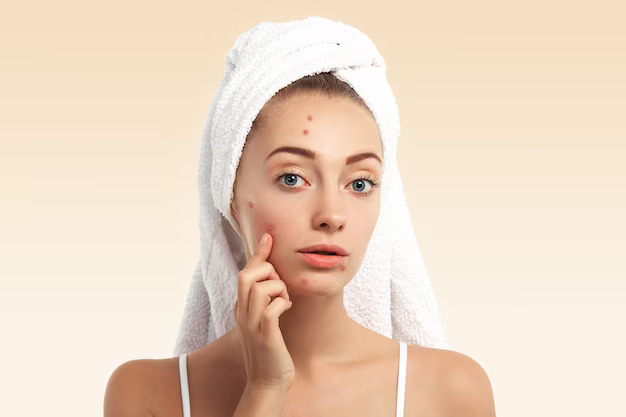Acne, an unwelcome guest on our skin that affects people of all ages, can often feel like an uphill battle to manage. This article will walk you through 13 essential acne do’s and don’ts to help you reach clearer, healthier skin. We aim to dispel acne care myths and misconceptions, providing practical, scientifically-backed advice. So, if you’re ready to declare war on those pesky breakouts, let’s dive right in!
Contents
Understanding Acne
Acne, or Acne Vulgaris, is a skin condition where oily hair follicles get clogged with dead skin cells. It usually appears as whiteheads, blackheads, or pimples and is most common in teenagers, though it can affect people of all ages. There are different types of acne, including comedonal (whiteheads and blackheads), inflammatory (pimples), nodular, and cystic acne, with varying severity and treatments.
The main causes of acne can be grouped into four categories: excess oil production, clogged hair follicles, bacteria, and hormonal imbalances. Diet, stress, and certain medications can also make acne breakouts worse. Understanding the type and cause of your acne is key to effective treatment and prevention. This sets the stage for the dos and don’ts of managing acne.
The Do’s: 7 Best Practices for Acne-Prone Skin
1. Know Your Skin Type
Understanding your skin type is crucial for any skin care routine. There are four primary skin types – oily, dry, combination, and sensitive – each with different reactions to acne treatments and skincare products:
Oily skin produces excess sebum, leading to a shiny appearance and clogged pores that can cause breakouts. Regulating sebum production with suitable products is beneficial.
Dry skin lacks the oils needed to retain moisture, resulting in a tight, flaky, and potentially itchy appearance. Dry skin can also be prone to acne if the skin barrier is disrupted. Gentle, hydrating products can moisturise and protect the skin.
Combination skin is a mix of dry and oily skin, typically with an oily T-zone (forehead, nose, and chin) and dry cheeks. This skin type may require different products for different areas of the face.
Sensitive skin may react to certain ingredients, leading to redness, irritation, or breakouts. Opting for hypoallergenic and non-comedogenic products is generally the safest choice.
2. Opt for Non-Comedogenic Products

Non-comedogenic products are your knights in shining armour if you have acne-prone skin. These products are designed to be oil-free and won’t clog pores or irritate your skin, preventing breakouts from occurring.
Here are some general recommendations:
Cleansers: Look for a mild, oil-free, and non-comedogenic cleanser.
Moisturisers: Opt for a lightweight, oil-free moisturiser that hydrates without clogging your pores.
Sunscreens: Always go for a non-comedogenic and broad-spectrum sunscreen.
3. Maintain a Regular Skincare Routine
Maintaining a consistent skin care routine is fundamental to managing acne. Consistency allows the active ingredients in your skincare products to work effectively. Here’s a simple routine for acne-prone skin:
Cleanse twice a day.
Apply an acne treatment if needed.
Use a non-comedogenic moisturiser.
Protect with broad-spectrum, non-comedogenic sunscreen during the day.
4. Stay Hydrated

Drinking enough water is crucial for overall health and skin conditions like acne. Proper hydration helps maintain skin elasticity, promotes cell turnover, and aids in detoxification. Hydrating the body effectively flushes out toxins that cause inflammation and clogged pores, leading to acne. Well-hydrated skin has improved barrier function, protecting against acne triggers like bacteria and pollutants. Staying hydrated is essential for both acne and general health.
5. Consult a Dermatologist
When home remedies and over-the-counter treatments fall short, it’s crucial to seek help from a dermatologist for persistent or severe acne. Dermatologists specialise in skin health and can offer tailored advice for your acne. They can prescribe stronger treatments like retinoids, antibiotics, or isotretinoin for severe cases. Consulting a dermatologist is a proactive step towards clearer, healthier skin.
6. Prioritise Sun Protection
Sun exposure can affect acne and scars. UV rays can increase inflammation, redness, and dark discolouration. Some acne treatments increase sun sensitivity. Daily sunscreen is essential, even on cloudy days, as UV rays can penetrate clouds. Use SPF 30 broad-spectrum sunscreen to protect against UVA/UVB rays. Sun protection is vital for acne skin care, preventing UV damage, dark spots, and skin cancer risk.
7. Understand Your Triggers
Understanding your acne triggers is crucial for effective management. These triggers include hormonal fluctuations, diet, stress, and environmental factors. For example, certain foods can promote inflammation or worsen oil production, leading to acne. Stress and hormonal changes can also cause breakouts. Recognising your triggers allows for targeted management strategies, minimising breakouts and improving skin health.
The Don’ts: 6 Things You Need to Avoid
1. Avoid Popping Your Pimples

Popping pimples may seem like a quick fix for acne, but it’s best to avoid it due to the risks involved. When you burst a pimple, it can cause scarring and push bacteria deeper into the skin, leading to more new breakouts and severe infections. Instead, use a consistent skincare routine or consult a dermatologist for stubborn breakouts.
2. Be Cautious, and Don’t Over-Exfoliate
While exfoliation can benefit the skin, it’s crucial to moderate its frequency and intensity. Overdoing it can damage the skin barrier, causing sensitivity, redness, and dryness. Limit exfoliation once or twice weekly and be gentle to avoid potential damage.
3. Refrain from Using Alcohol-Based Products Excessively

Alcohol-based products can worsen acne and other skin conditions. They strip away natural oils, leading to dryness and irritation. Excessive use could damage the skin’s protective barrier function, making it more vulnerable to bacteria and reducing its ability to retain moisture. Look for alcohol-free products or those with a low concentration of alcohol.
4. Always Remove Makeup Before Sleeping
Makeup is designed to enhance our features and make us look our best, but it can also contribute to acne if not removed properly. Remove all makeup before sleeping with a gentle cleanser and follow up with a moisturiser to keep the skin healthy.
5. Think Twice Before Jumping on Every DIY Trend
DIY acne treatments may not always deliver promised results. Some ingredients or techniques used can harm the skin and worsen acne. Thoroughly research and consult a dermatologist before trying at-home remedies. Your skin deserves the best care possible, so use safe and effective methods to manage acne.
6. Never Ignore Acne’s Emotional Impact
It’s essential to address the emotional impact of acne and seek professional help if needed. Remember that your skin does not define your worth; you are more than just your acne. Surround yourself with supportive friends and family, engage in activities you enjoy, and practice self-care. Taking care of your mental health is as important as your skin, which can greatly impact your overall well-being.
Debunking the Common Acne Myths

Myth #1: Only Oily Skin Gets Acne
Acne is not limited to oily skin. Dry, combination, and sensitive skin types can also experience some acne symptoms. Dry skin may overproduce sebum in response to dryness, leading to clog pores.
Myth #2: Chocolate and Greasy Foods Cause Acne
While it’s a widespread belief that chocolate and greasy foods directly cause acne, the truth is a bit more nuanced. Modern science suggests that these foods do not directly cause acne but can exacerbate an existing condition.
Myth #3: Acne Is Just a Teenage Problem
Adult acne affects up to 55% of adults aged 20-40. Unlike teenage acne, triggered by hormonal changes during puberty, adult acne can be caused by stress, diet, and hormonal fluctuations. Managing adult acne can be challenging as the skin ages and becomes less tolerant of harsh treatments. Seek professional help from a dermatologist for an effective and safe acne treatment plan suitable for adult skin.
Conclusion
Effective acne management involves maintaining a balanced skincare routine, avoiding over-exfoliation, excessive alcohol-based products, and heavy or comedogenic skin care products. Addressing the emotional impact of acne is equally important, as acne can affect individuals of all ages and skin types.
Contrary to common beliefs, it’s essential to recognise that acne is not limited to specific skin types and is not directly caused by certain foods. Seek professional help formulating an effective treatment plan for clearer, healthier skin.





